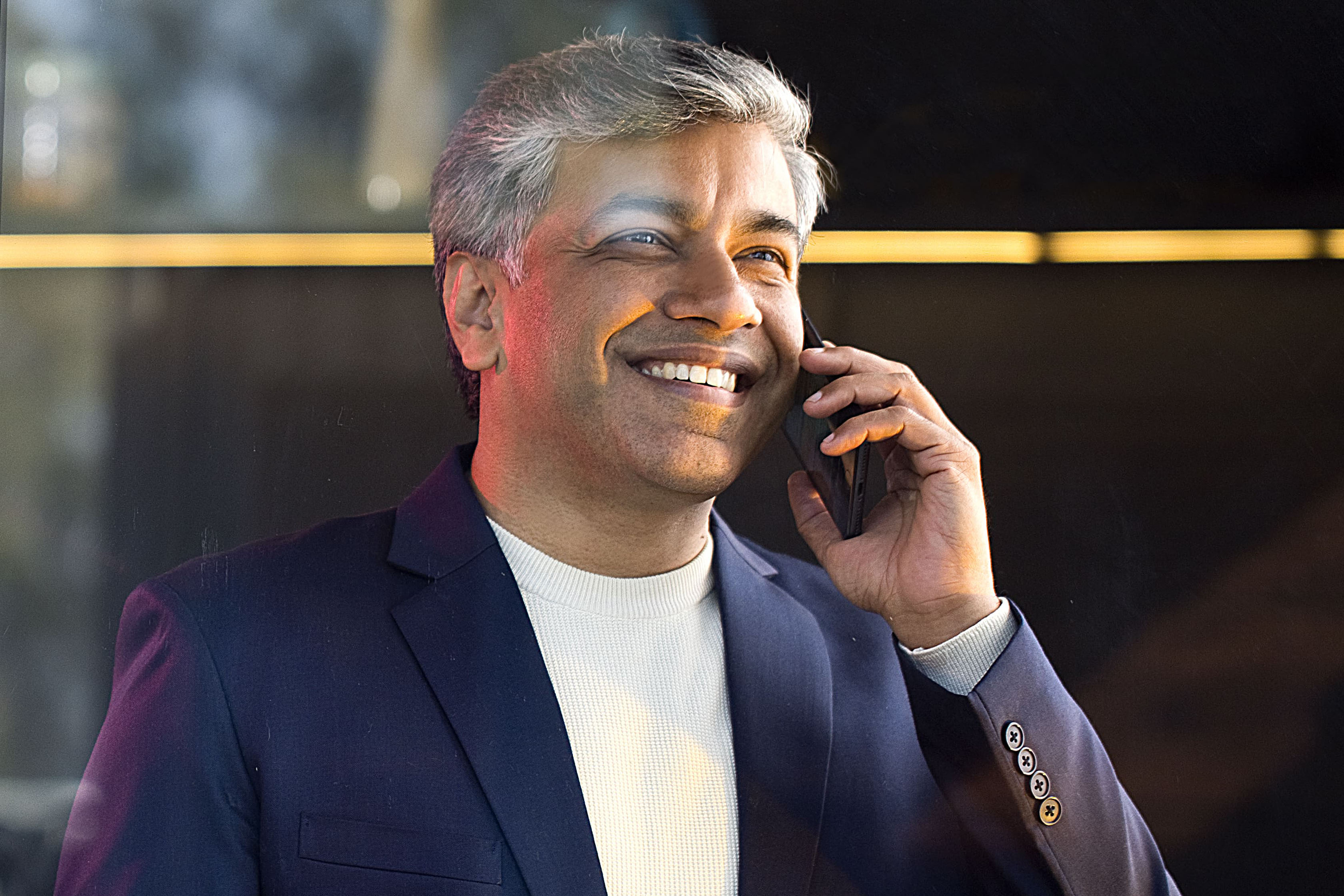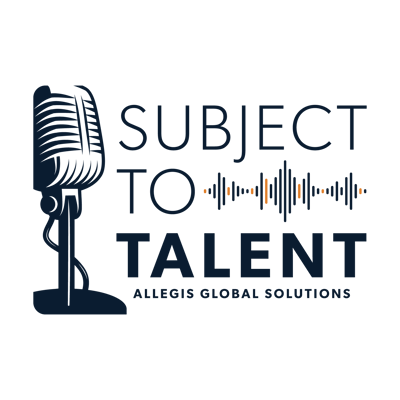The Universal Workforce Model
A More Enterprising Way to Work
Current models for accessing talent are flawed. You compete for skills you never fully use. You overspend on contractors based on limited data. Budgets, timing and quality suffer.
The good news is there’s a better way. As an outcome-based approach to getting work done, the Universal Workforce Model™ takes you on a journey to harmonized workforce management.
The framework challenges businesses to:
- Refocus on the work itself and what needs to get done
- Think creatively about what types of skills are required to drive desired outcomes
- Disregard outdated assumptions about workers, roles and vacancies
- Understand why now is the time to act
-min.png?width=1320&height=990&name=UWM_Spread%20(1)-min.png)
Download the Book
What is the Universal Workforce Model?
As a new approach to getting work done, the Universal Workforce Model has three defining features:

Task- vs. Role-Based Planning
When you start to ask, “What do you need to achieve?” instead of “Who do you want to hire?” you start to see how the Universal Workforce Model changes the conversation. Our outcome-first framework challenges legacy, predetermined approaches with a process that deconstructs the work. This way, you can assess workforce options objectively. You can apply a workforce planning model that breaks down siloed resources channels – employees, contingent workers, services providers and automation – to create an agile organization fit to thrive in the new world of work.

The Workforce Business Partner
Approach the workforce with open eyes. Positioned at the center of a resource and business strategy function, the Workforce Business Partner brings the Universal Workforce Model to life by aligning workforce strategy to business outcomes. As your single point of contact for accessing all workforce channels, the Partner works in tangent with your business leader to identify optimal paths for using the best available resources through data intelligence.

The Intelligent Workforce Platform
Secure the right resource every time. Achieving the Universal Workforce Model requires technology, and that’s just what you get with our Intelligent Workforce Platform. As an aggregated data source that uses intelligent automation and machine learning to support decision-making, the Platform serves as a single access point to an array of technologies. You benefit with a consumer-like digital experience that enables objective, evidenced-based workforce decisions.



